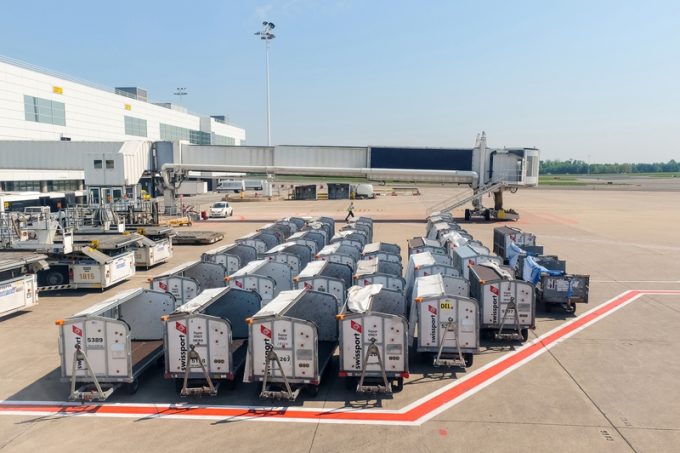News in Brief podcast | Week 30 2024 | Surcharges, strikes and IATA's stressful settlements
In this episode of The Loadstar’s News in Brief Podcast, host and news reporter Charlotte Goldstone ...
TFII: SOLID AS USUALMAERSK: WEAKENINGF: FALLING OFF A CLIFFAAPL: 'BOTTLENECK IN MAINLAND CHINA'AAPL: CHINA TRENDSDHL: GROWTH CAPEXR: ANOTHER SOLID DELIVERYMFT: HERE COMES THE FALLDSV: LOOK AT SCHENKER PERFORMANCEUPS: A WAVE OF DOWNGRADES DSV: BARGAIN BINKNX: EARNINGS OUTODFL: RISING AND FALLING AND THEN RISING
TFII: SOLID AS USUALMAERSK: WEAKENINGF: FALLING OFF A CLIFFAAPL: 'BOTTLENECK IN MAINLAND CHINA'AAPL: CHINA TRENDSDHL: GROWTH CAPEXR: ANOTHER SOLID DELIVERYMFT: HERE COMES THE FALLDSV: LOOK AT SCHENKER PERFORMANCEUPS: A WAVE OF DOWNGRADES DSV: BARGAIN BINKNX: EARNINGS OUTODFL: RISING AND FALLING AND THEN RISING

There is an interesting exchange in Dutch paper Nieuwsblad Transport, between Schiphol and Brussels airports. It all boils down to data capture. Swissport Cargo has complained that Schiphol’s freight volume figures don’t include the air road freight, which, it argues, distorts the airport’s real volumes. Schiphol responded that it is hard to capture that data correctly and can lead to double-counting. Fair enough. But then, in comes Brussels saying Schiphol is “missing the mark”.
“With our digital transport data per route, we can make everything, including road transport, transparent,” said BRU cargo chief Steven Polmans. “It is therefore a valuable tool for us to see where our strong, and less strong sides are as an airport.” Worth a read, even if it’s via Google Translate.
Comment on this article